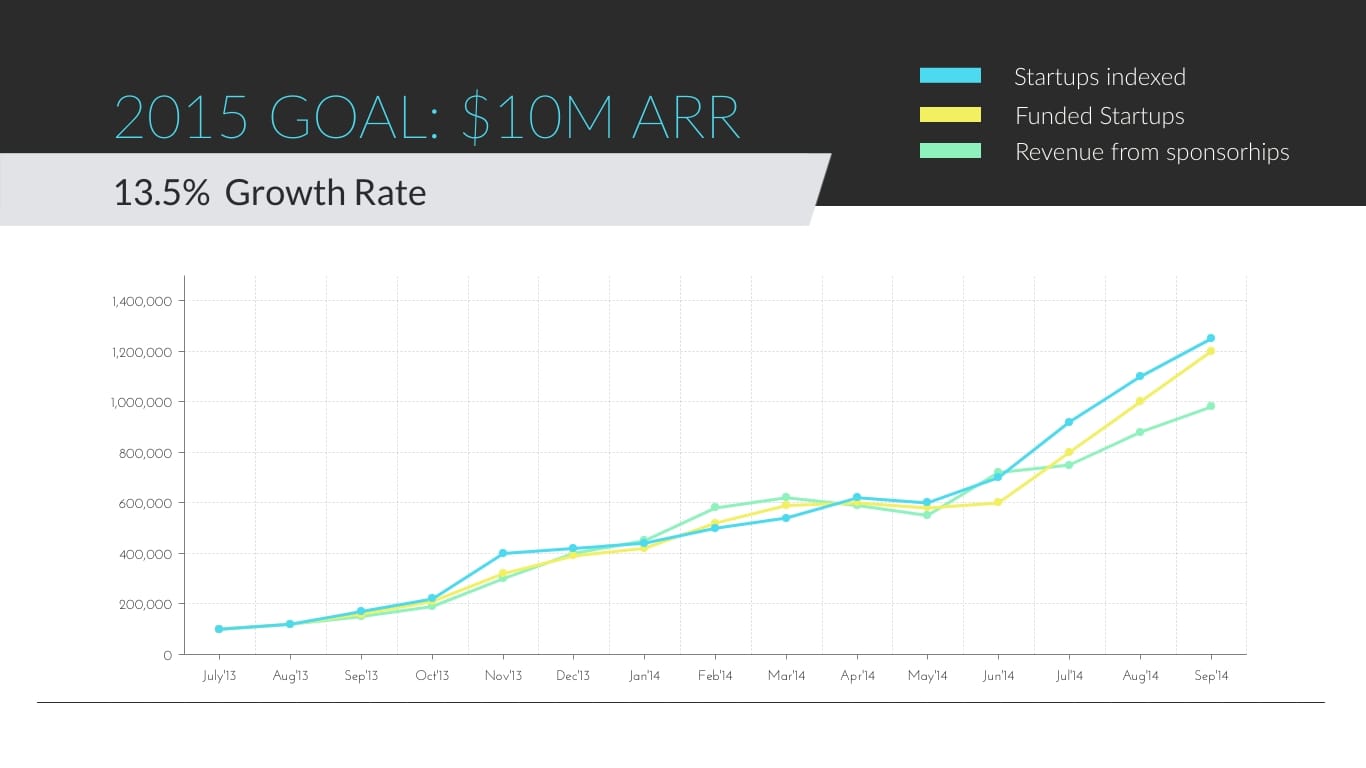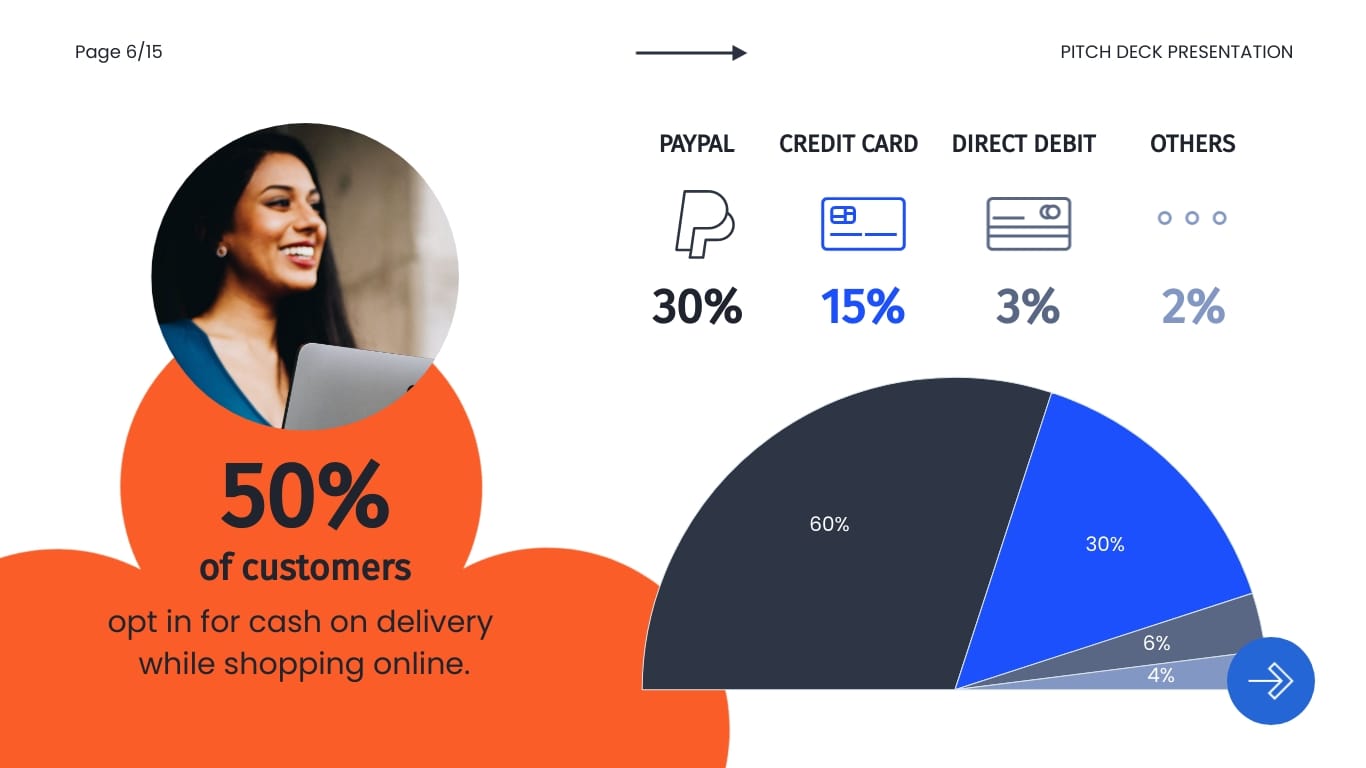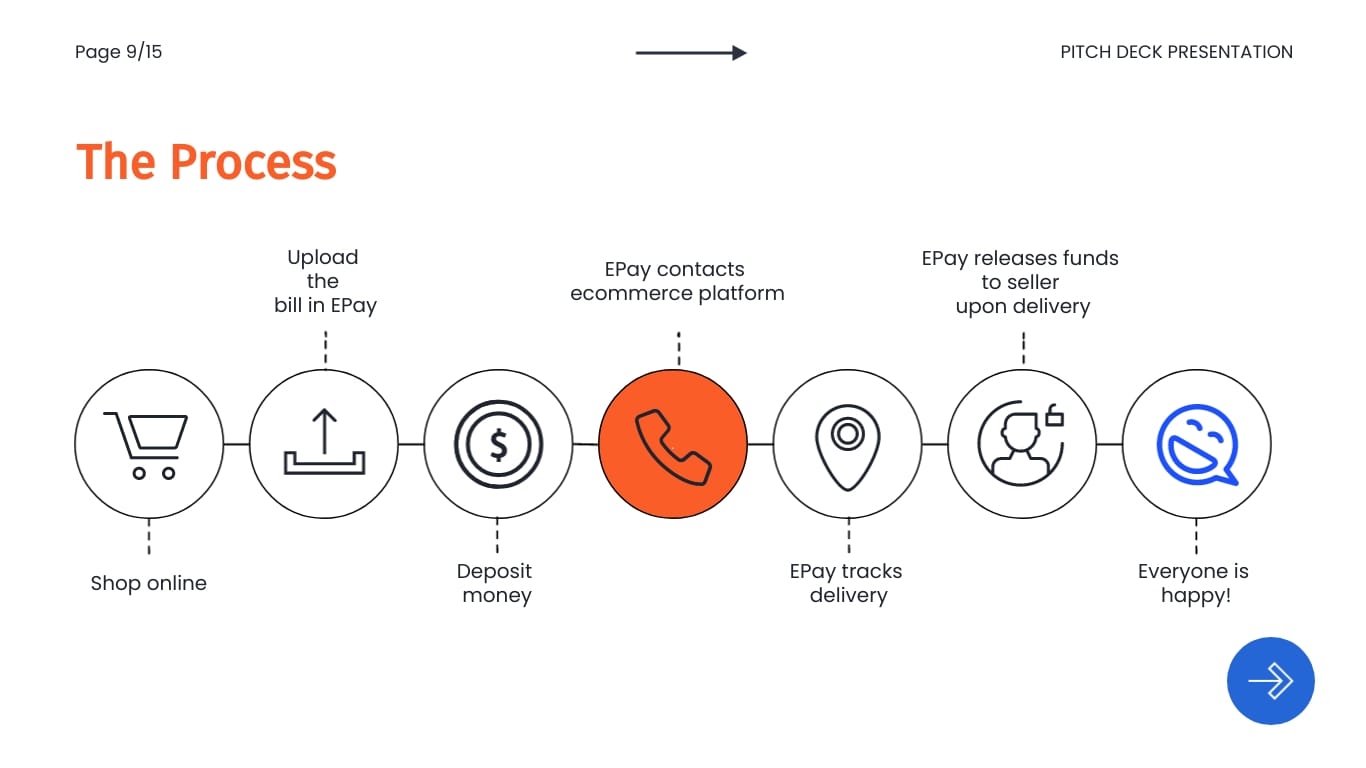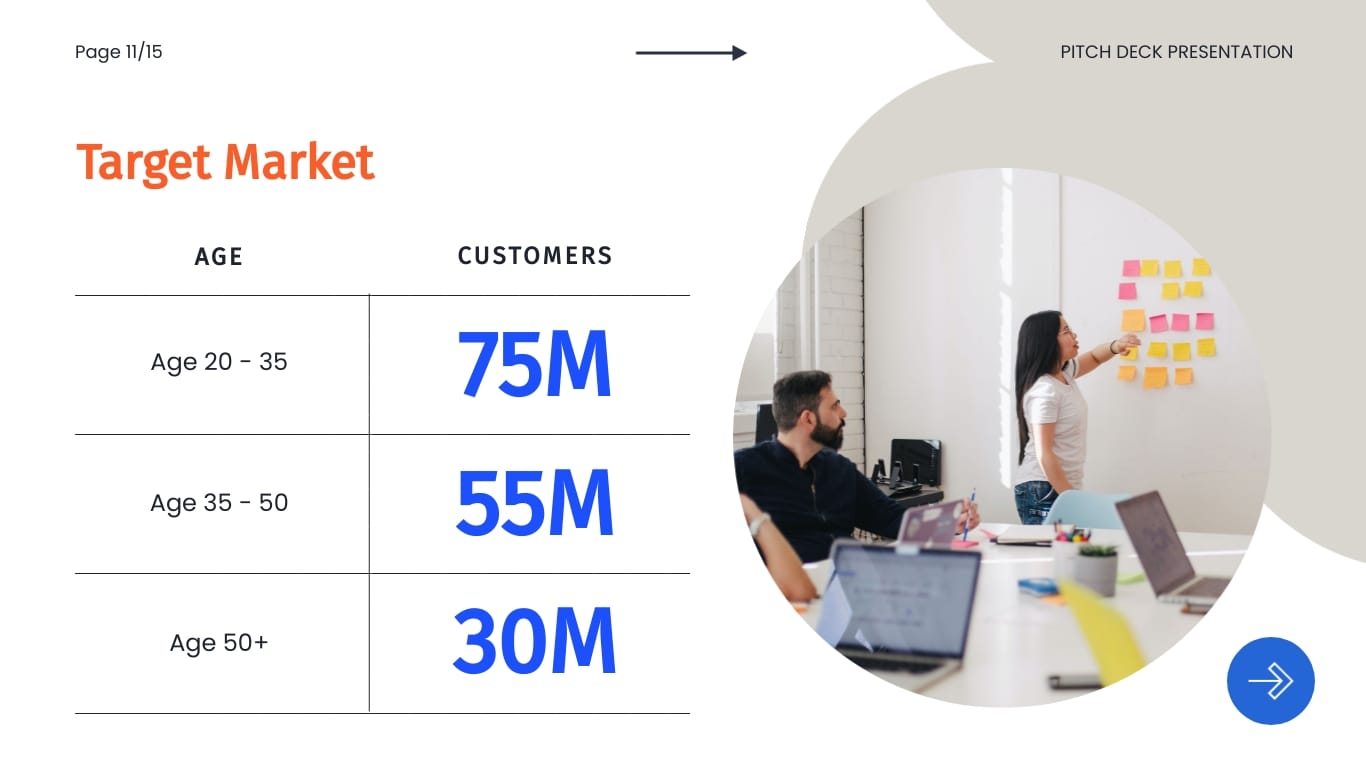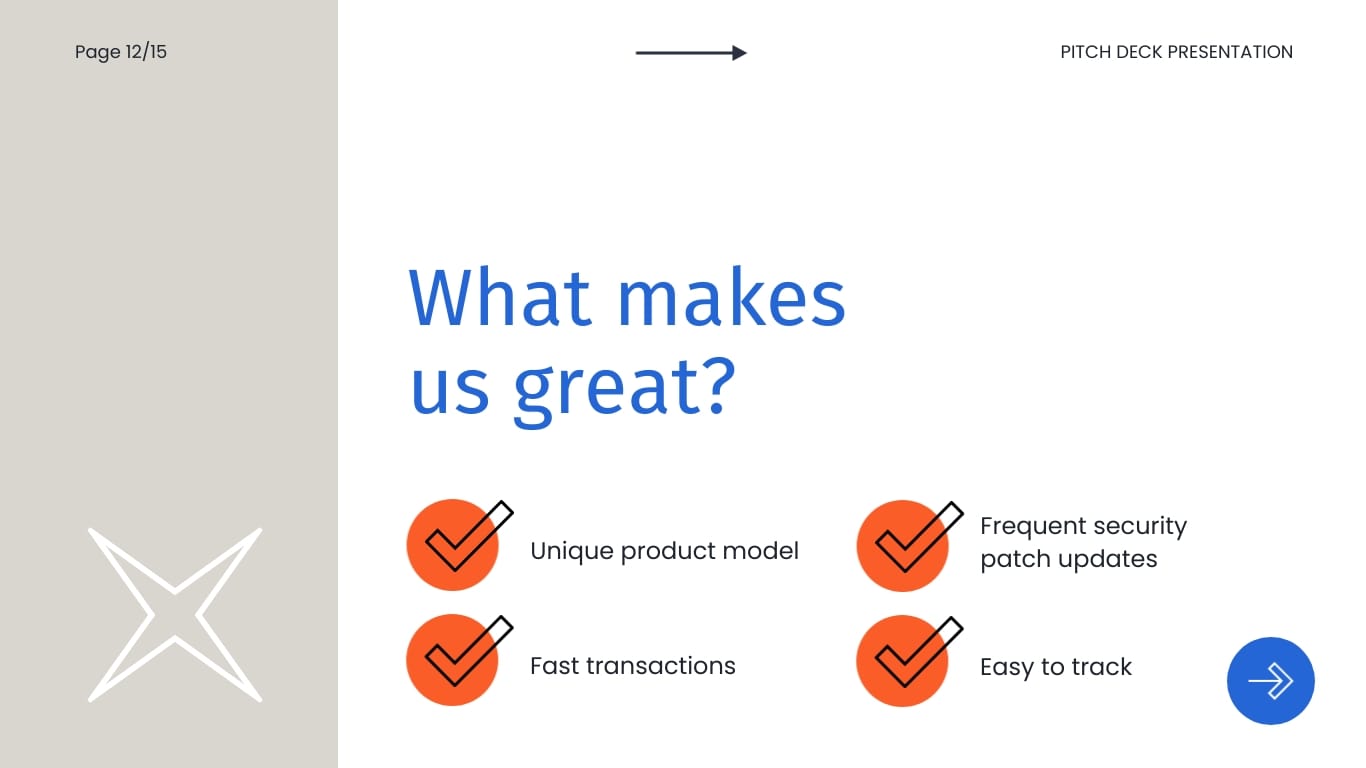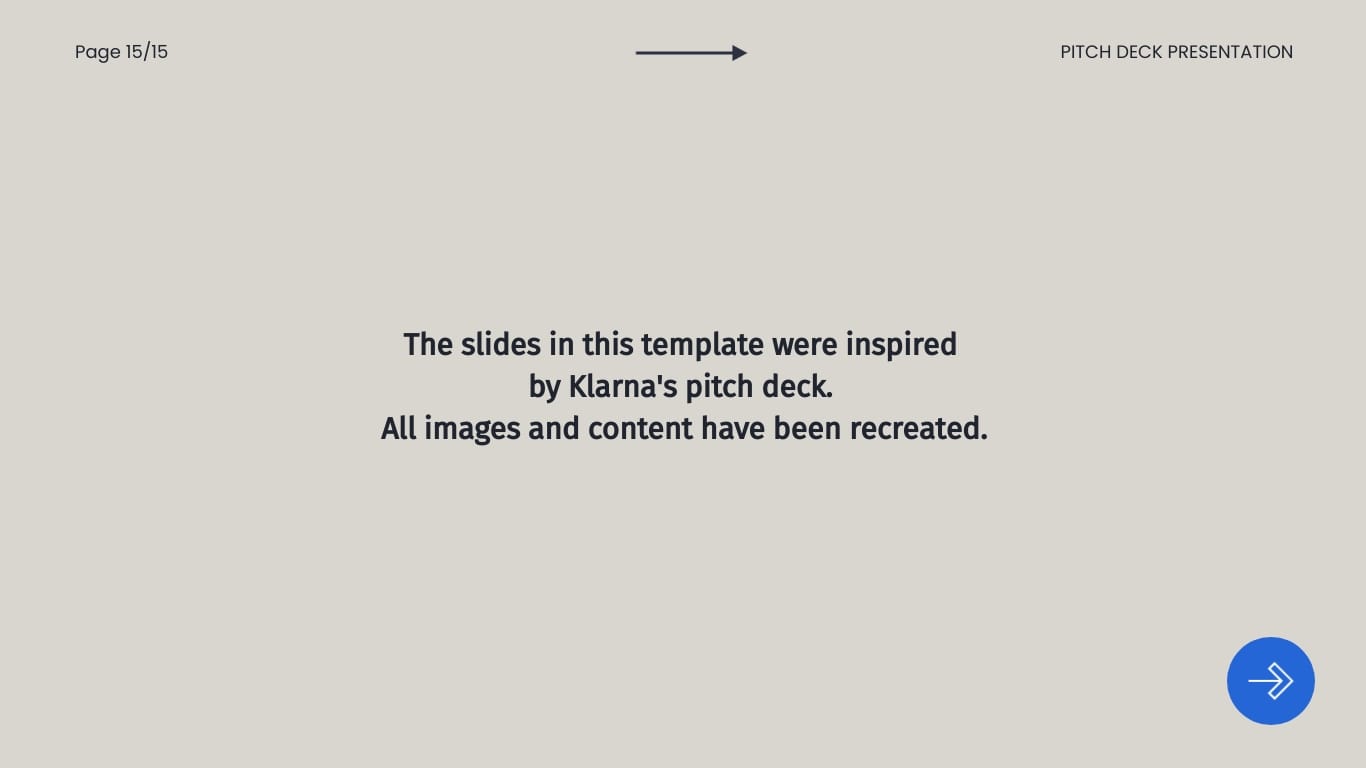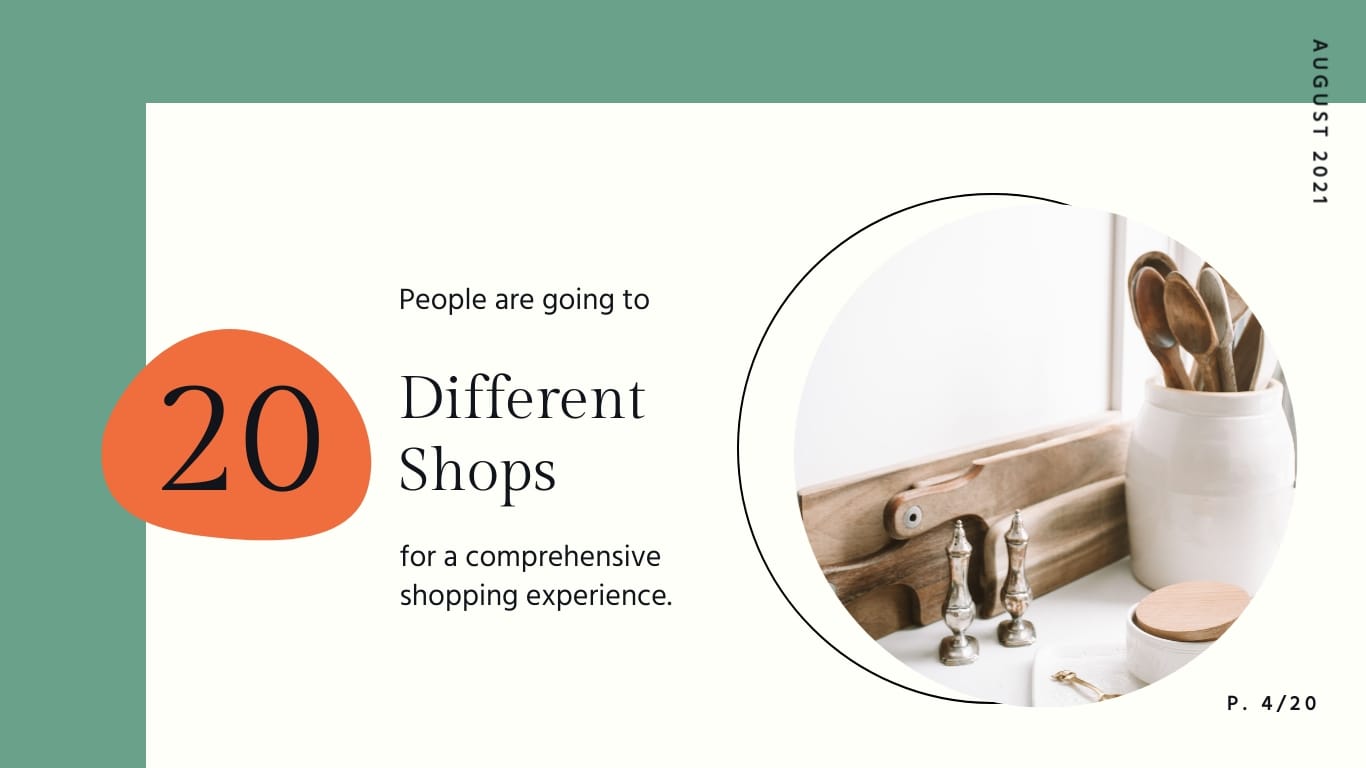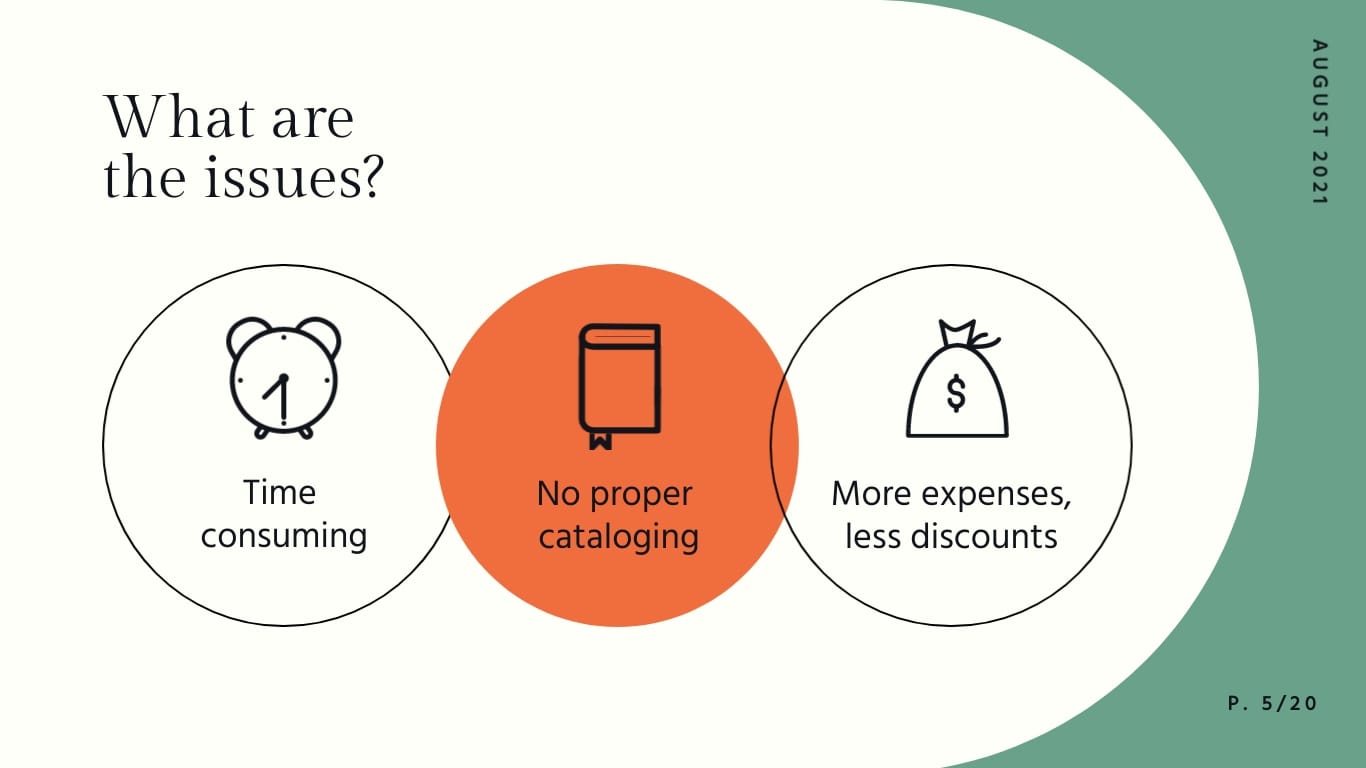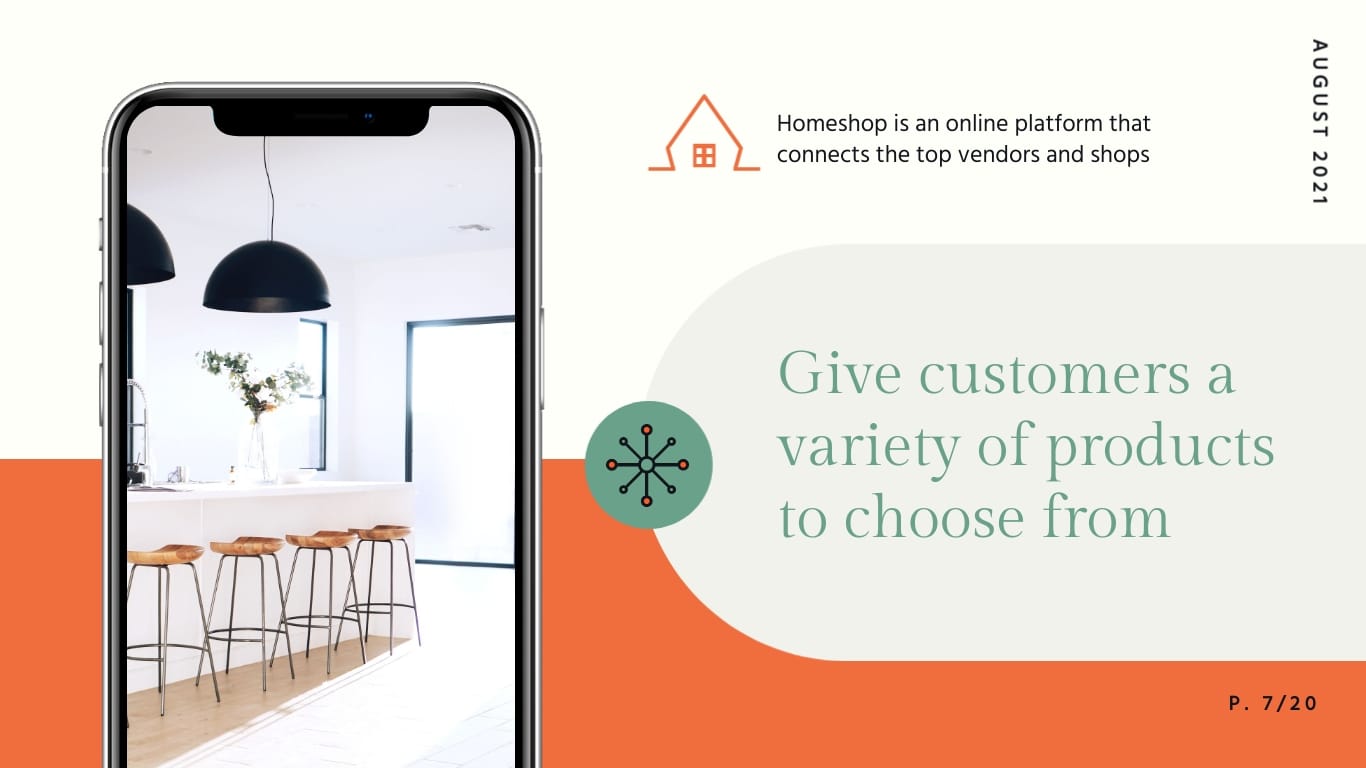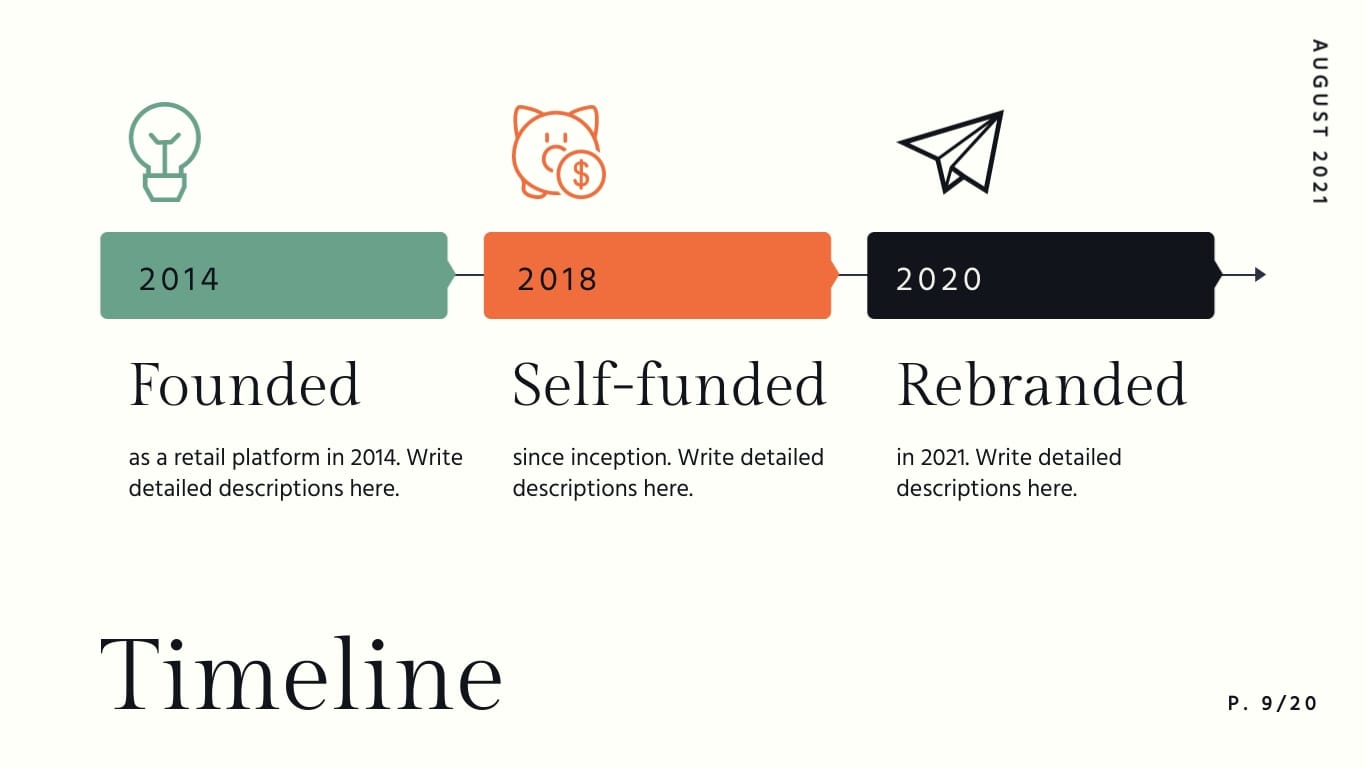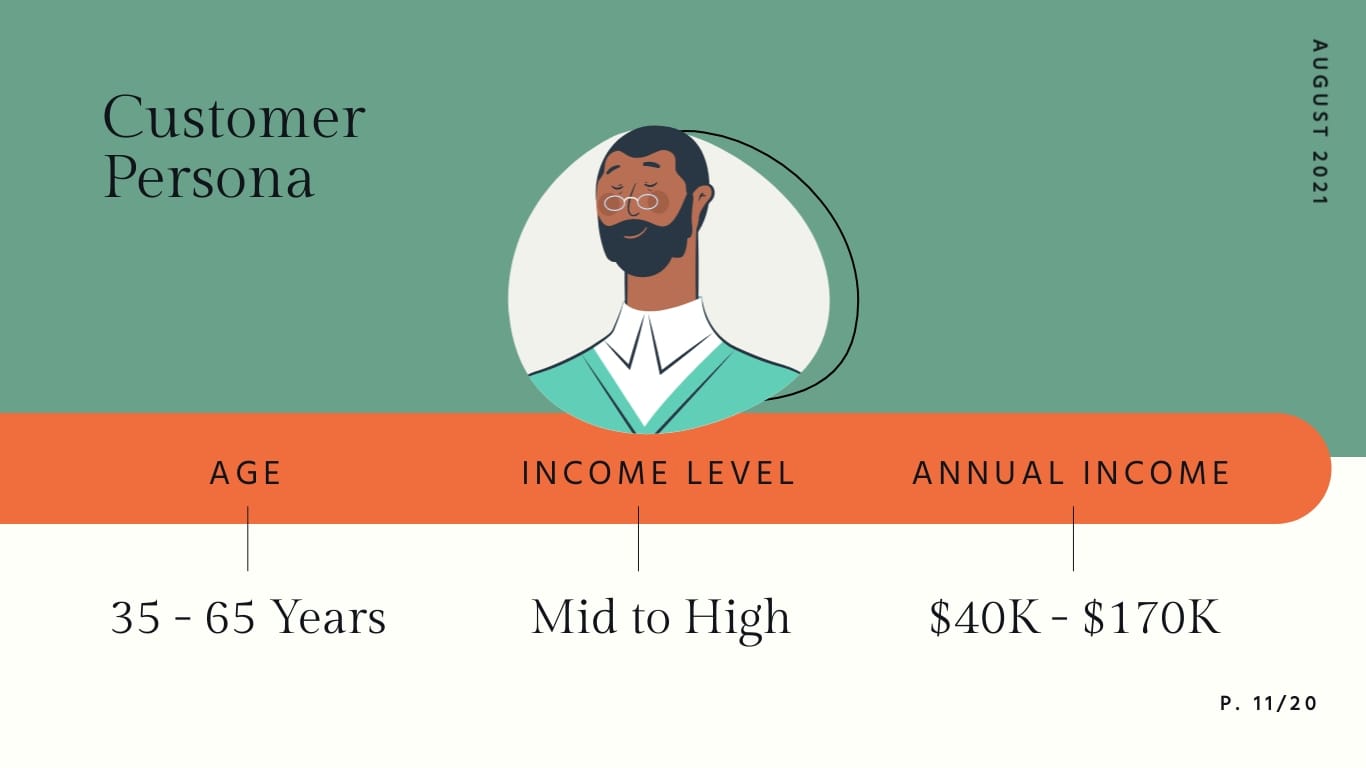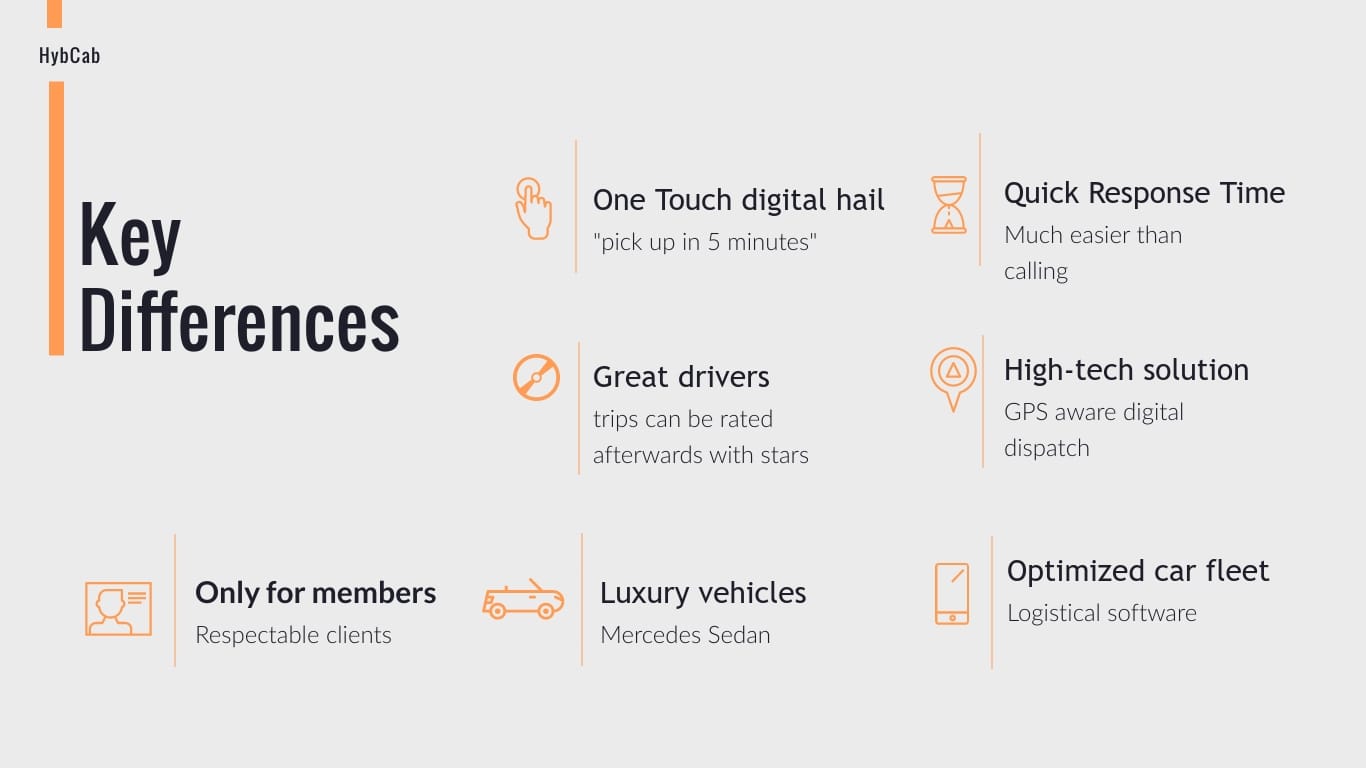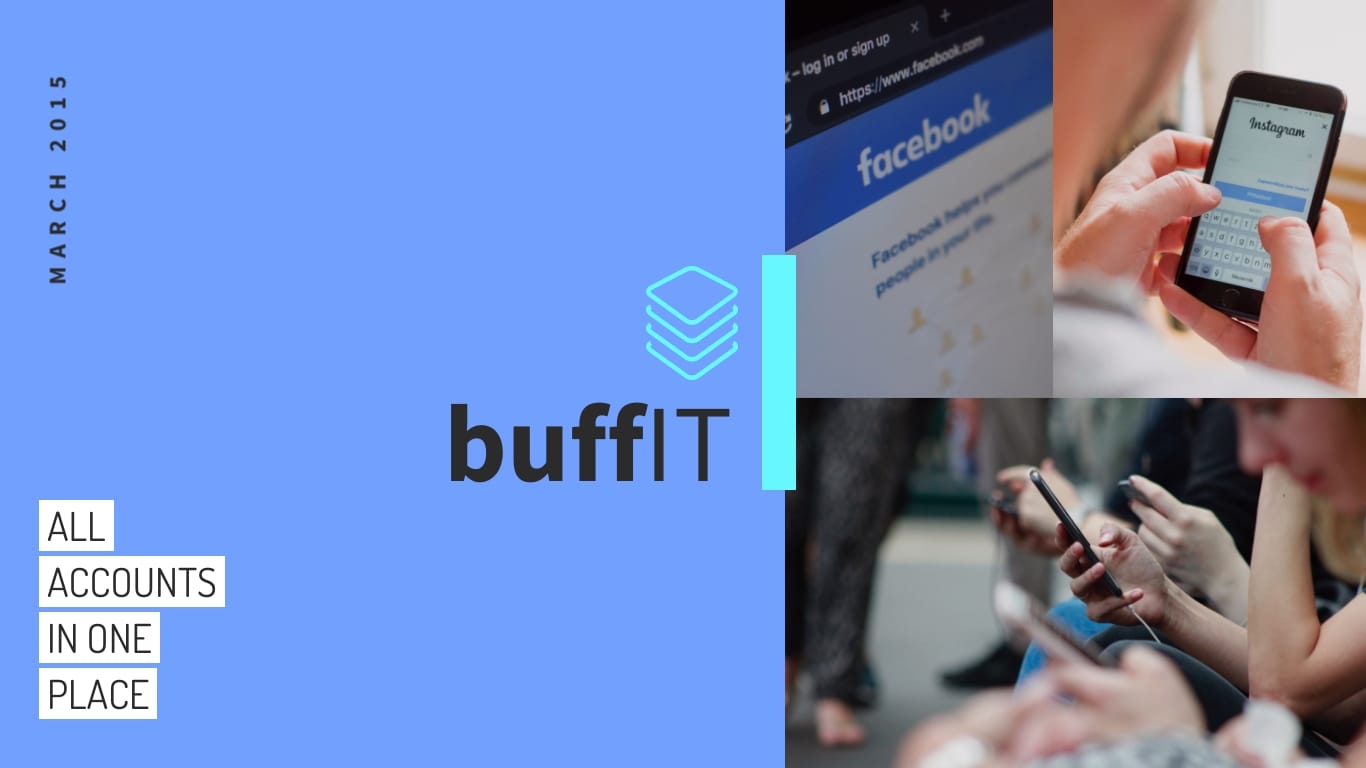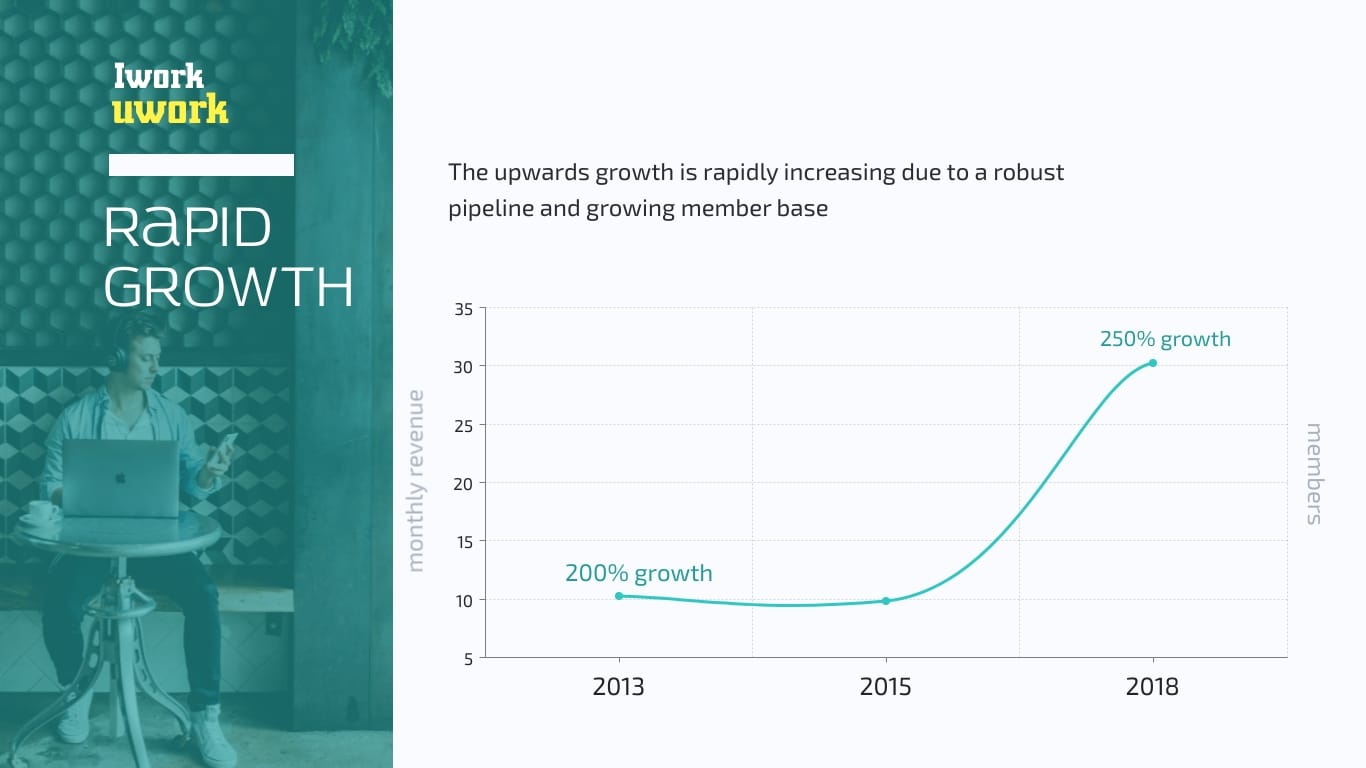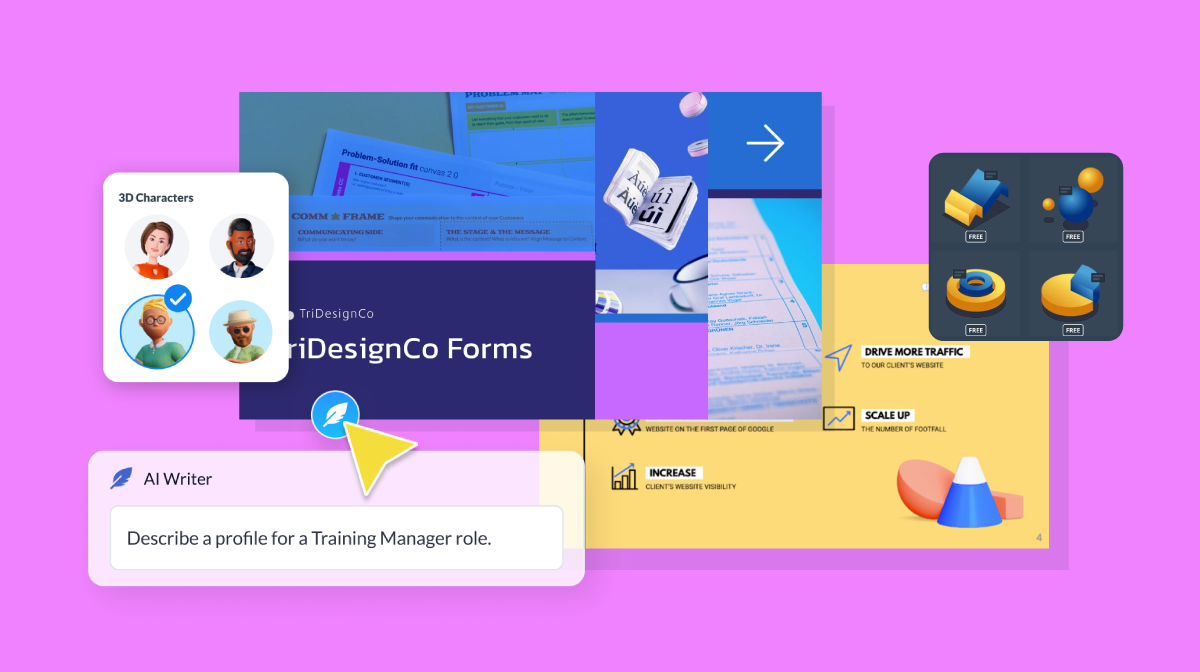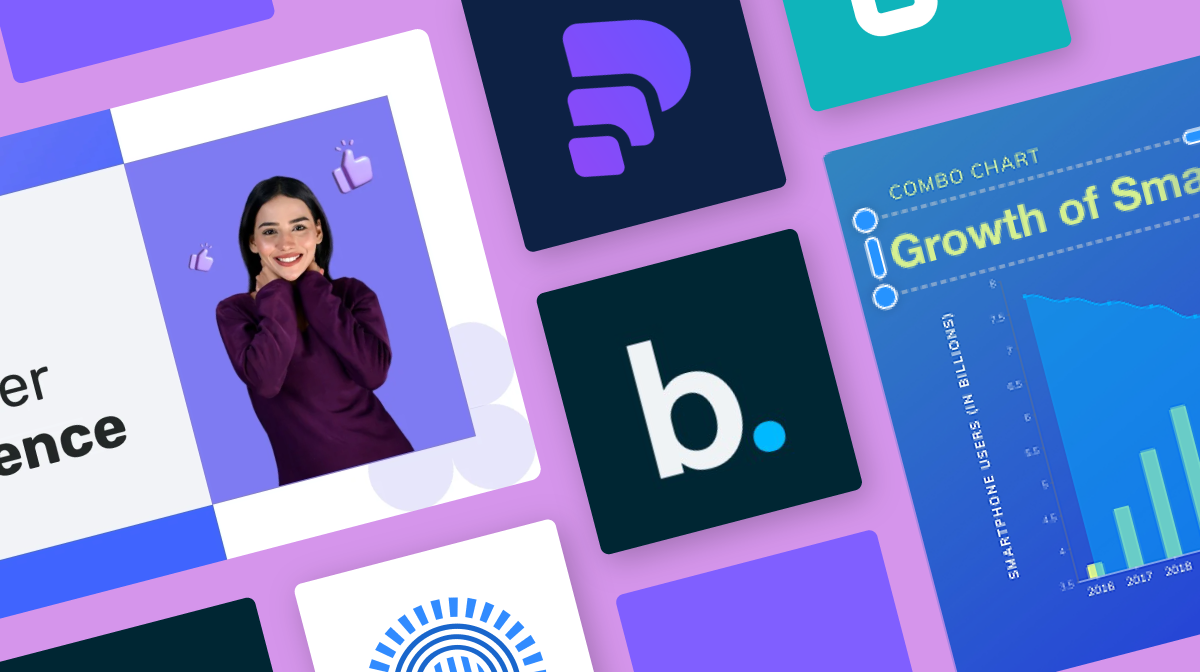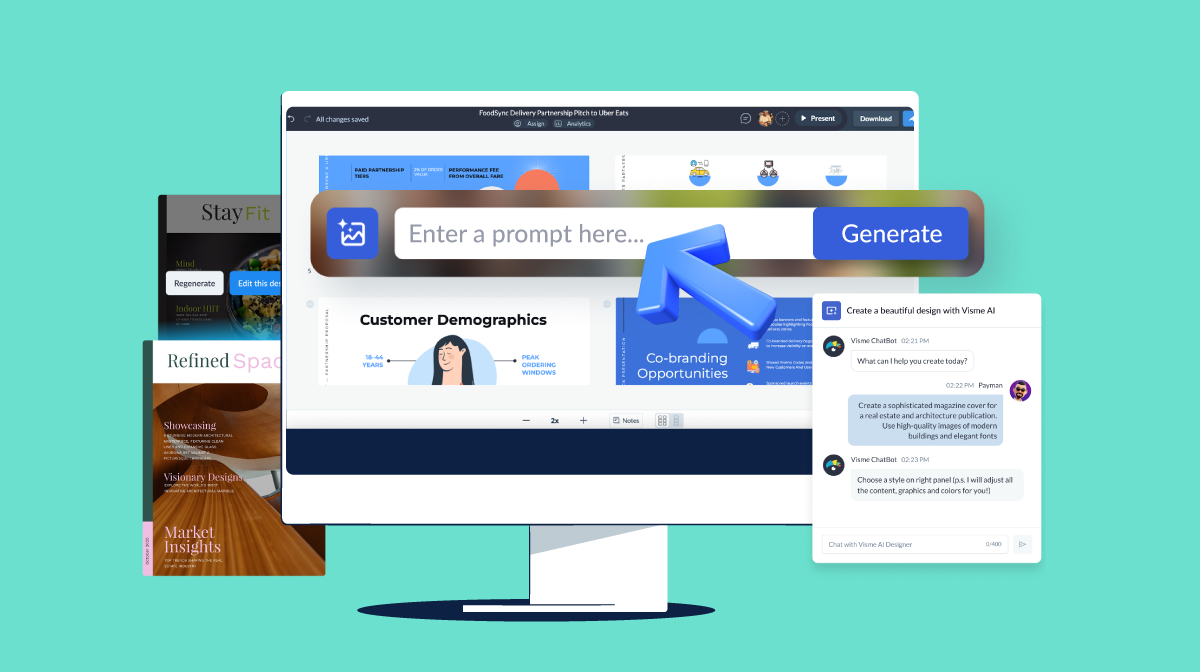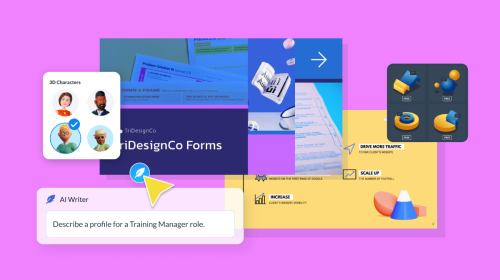
What Is a Marketing Deck? Templates, Tips & Examples

When presenting a new product or service to the market, you need a marketing deck template.
But before we get into the nitty-gritty of your presentation, you must first understand what a marketing deck is all about, why you need to create one, and best practices for creating marketing decks that convert people into customers.
From here, we’ll look at professional Visme marketing deck templates that you can edit and publish in minutes.
Let’s get started.
Table of Contents
- What Is a Marketing Deck?
- Why Is a Marketing Deck Important?
- What Should a Marketing Deck Include?
- 10 Marketing Deck Templates You Can Use
- Present Your Marketing Deck Like a Pro
What Is a Marketing Deck?
A marketing deck is a visual presentation of your product or service and serves a dual purpose for your organization.
First, your marketing and advertising teams can use it to show data for internal reasons. For example, the deck may include metrics such as website traffic and conversion rates in relation to your product.
They help your organization understand how your marketing campaigns positively impact product sales.
Second, you can use a marketing deck as your sales pitch. Also called a pitch deck, it educates prospective investors, co-founders, and stakeholders of your business about the products and services your business is selling.
The deck should communicate what your product is about and compel them to trust your business enough to partner with you.
Why Is a Marketing Deck Important?
Regardless of the type of business you’re using and its industry, using marketing decks in your presentation will help you achieve the following:
- Provide the necessary information for customers and stakeholders to help them make informed decisions.
- Allow employees to understand your business based on the products and services you're selling much better.
All these allow you to close more prospects into customers or partners or get your team to understand the value of the work they contribute to your organization towards your goals.
But to achieve the above, you must produce the best possible marketing deck for your intended purpose.
What Should a Marketing Deck Include?

Made with Visme Infographic Maker
Embed this infographic on your site:
While not all marketing decks are the same, the best ones share common features you should consider including in your deck.
Below are the following features:
1. Company Overview
Include a one-sentence overview or elevator pitch of your business in the first part of your deck. You want your audience to know who you are and your business without saying a lot.
More importantly, the introduction must mention your unique value proposition (USP), which will be revisited once you introduce your product or service.
Consider mentioning your business contact details such as email address, website URL, and phone number in this part. Or you could include the details in the corner of each slide to increase the chances of your audience remembering them.
2. Target Audience
If you're pitching to investors, you want them to know the viability of your business based on your target market. They want to put their stock in companies with the best chance of succeeding, which means the target audience has the finances and interest to buy from them.
In this case, show the industry market size and validation to determine your product’s market opportunities.
Also, break down your buyer persona using demographics and psychographics that align with your target market.
For example, developing a fleshed-out customer avatar using Visme’s user persona template shows investors that you understand your target audience. This convinces them to fund your marketing campaign and reach your sales goals.
3. Pain Points
Pinpoint the problems your target persona is experiencing. You can implement storytelling tactics here by using real-life people undergoing the same issues.
Magnifying these hardships and their consequences on your buyer persona allow prospective stakeholders to see how big these issues are.
On the other hand, these pain points show potential customers that you understand what they’re feeling and going through.
4. Product or Service as a Solution
After identifying the problems, you must present the products and services sold in your business as solutions to each one.
Refer to your USP and mention how it ties back to your product. Give your audience a glimpse of what your product does and how it works by showing photos and videos of it in action.
At this point, avoid sharing an in-depth look at your product. Instead, provide only an overview and let the visuals talk for you.
5. Competitive Analysis
To give your audience more context about your product, mention the top competitors in your industry that offer similar products and compare them with yours.
The goal of the comparison is to show what makes your product different from the rest. The differences should also aim to solve the problems of your target audience, which should compel them toward your product.
6. Marketing Strategy
Investors want to know how you plan on promoting your product to your market.
It may have features that your competitors don’t, but you have to factor in how much your competitors influence the industry.
Your pitch deck should address their concerns by presenting a marketing strategy and campaign to prospective partners. Your marketing plan should cover how your campaign’s duration, tactics, pricing, and measured metrics, can increase your foothold in the market and increase sales.
7. Social Proof
Social proof can influence their decisions on whether to back or buy your product.
A perfect example of social proof is unbiased and objective customer reviews. They show that your product works and has helped people overcome their problems.
Just as important as the volume of reviews is who reviewed them. Influencers and public figures giving your products a thumbs up can further drum up product interest and sales.
8. Introduction to Your Team
To put faces behind the product, you can end the presentation by listing the people behind your awesome organization.
People, whether they’re customers or investors, put stock not so much on the product but more on the people launching it. So, the introductions to team members in your deck should be designed so your audience will trust your product more.
To do this, mention their experience in the industry, milestones, achievements, and other factors that will help raise their profile.

10 Marketing Deck Templates You Can Use
Building a marketing deck from scratch can be time-consuming, especially if you don’t fancy yourself as a designer.
Thankfully, Visme has marketing deck templates for you to choose from.
Select a template from the ones below closest to your industry and edit it according to your brand. You can then add from its extensive library of graphics and interactive content to make the deck more appealing to your audience.
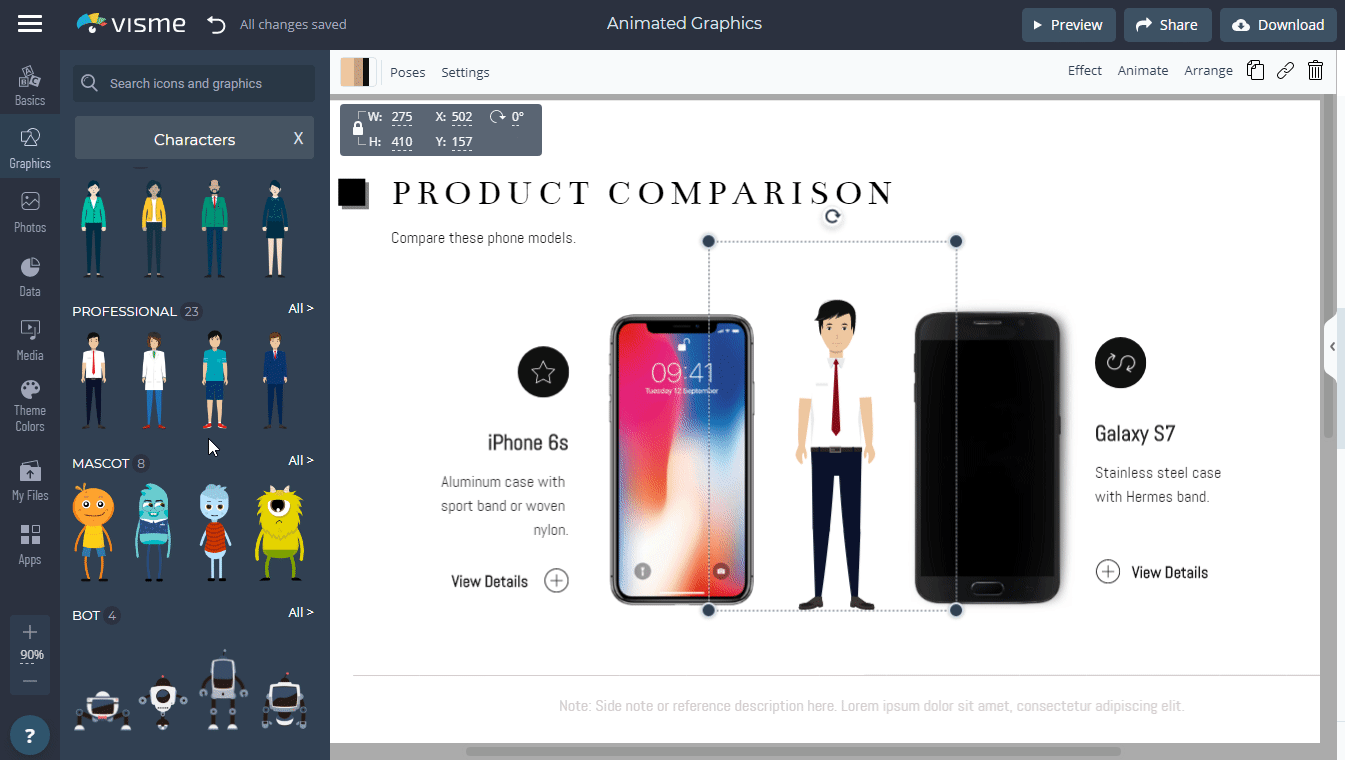
But before we get ahead of ourselves, here’s a shortlist of its best marketing deck templates:
1. Startup Index Pitch Deck
If you're a startup and wish to explain your business to investors, this powder-blue-on-white template is for you. The deck contains slides that share your business's progress according to investments and revenue in bar graph format.
2. EPay Pitch Deck Presentation
Another pitch deck template made for businesses looking for investors, its orange, gray, and white colors create excitement about your business idea. The deck template is about a hypothetical third-party application that keeps customer payments secure until they receive their orders.
3. Homeshop Pitch Deck Presentation
The slide deck is for a mobile app that connects users to various home decor vendors without leaving their homes. The teal and orange color gives the deck a homely appearance, much like the industry it's in.
4. HybCab Pitch Deck
Businesses in the public transportation industry are looking for more efficient ways of hailing taxi cabs. This deck presents a pretend app for paid members who can get a taxi ride from great drivers in minutes with a few presses on the screen. It presents everything investors need, from pain points to possible outcomes and future business optimizations.
5. BuffIT Pitch Deck
Tech startups have their work cut out for them due to the innovative products and services out there. This deck increases your company’s chances of partnering with investors with its in-depth business model explanation and comprehensive marketing analysis presented sleek and stylishly.
6. Work+Biz Pitch Deck
If you're looking for a minimalist approach to presenting your marketing deck to investors, this template is it. Solid colors of yellow, gray, and teal allow the message of the slide deck to shine through.
7. MapYourDay Pitch Deck Presentation
This deck template has a simple and clean layout that lets you focus on communicating your message. It has a lot of sections where you can enter your text to share your audience’s pain points, describe what your product is about, and more.
8. IworkUwork Pitch Deck Presentation
If your business has been operating for years and is constantly growing, this deck template allows you to showcase them to your prospects. There are many slides where you can include graphs and tables that share your sustained and impressive growth.
9. Marketing Plan Presentation
If you want to inform everybody in your organization how you and your team plan on promoting your product to your audience, this deck presentation template is for you. It contains slides that help investors and shareholders understand the kind of marketing initiative you’re launching and why you designed it that way.
10. Marketing KPIs Report
After the campaign has concluded, partners want to see the results to determine if your strategy was successful. To do this, present key performance indicators crucial to your campaign’s performance found in this deck template.
Present Your Marketing Deck Like a Pro
Using any of Visme’s marketing deck templates above should bring you one step closer to turning your prospects into partners or customers.
Below are additional ways to transform your pitch decks into lead-converting machines fully:
Know Your Audience
Having a clear idea of your deck’s target audience allows you to design a presentation containing information that resonates with them. For instance, identifying your prospects' pain points helps you connect with them deeper.
Align Your Deck with Your Brand
Use colors, fonts, and formats synonymous with your brand.
The key here is consistency. By creating pitch decks following the same look and appearance as your other marketing materials, you can present your business professionally and uniquely.
This allows people to associate your business with these assets, making your audience remember your brand.
Buoy Your Message with Stories
A great message about your product or service in your deck won’t be good enough. You must communicate it so your audience can relate to it more personally.
Using storytelling techniques and interactive marketing elements. This allows your audience to latch onto your message and remain invested with it until the very end.
For example, you can use a story of a customer who greatly benefited from using your product. Using real-life experiences allows people going through the same issues to resonate with your story.
Use Facts
To complement your stories, you must insert factoids in your marketing deck to help establish your case.
Facts are commonly used when presenting details about market size and financials. This information appeals to investors who rely on cold, hard data when making their decisions.
Keep It Simple
Ultimately, you want your pitch deck to be easy to understand and follow so your prospects won’t get lost along the way.
Including the above elements in your deck helps you structure your data presentation. Just stick to the talking points and avoid including information that won’t add value to your presentation.
Design Conversion-Focused Marketing Decks with Visme
Creating effective presentations is all about knowing what to include, and a marketing deck template is no different.
Including the right sections and observing the best practices enables you to design a deck optimized for winning the trust of investors and customers alike. From here, you can expect to raise your capital or sell more products more efficiently.
As mentioned, Visme’s templates above contain all the sections of a well-designed marketing deck. Just replace the text and images with your own using our presentation maker, and you’re good to go!
You can also download the file in PDF to PPTX format or embed it on a web page so people can view it online. Finally, track the number of views the presentation received to gauge its performance.
If you’re looking for something else other than marketing deck templates, check Visme’s other free presentation templates.
Create Stunning Content!
Design visual brand experiences for your business whether you are a seasoned designer or a total novice.
Try Visme for free











